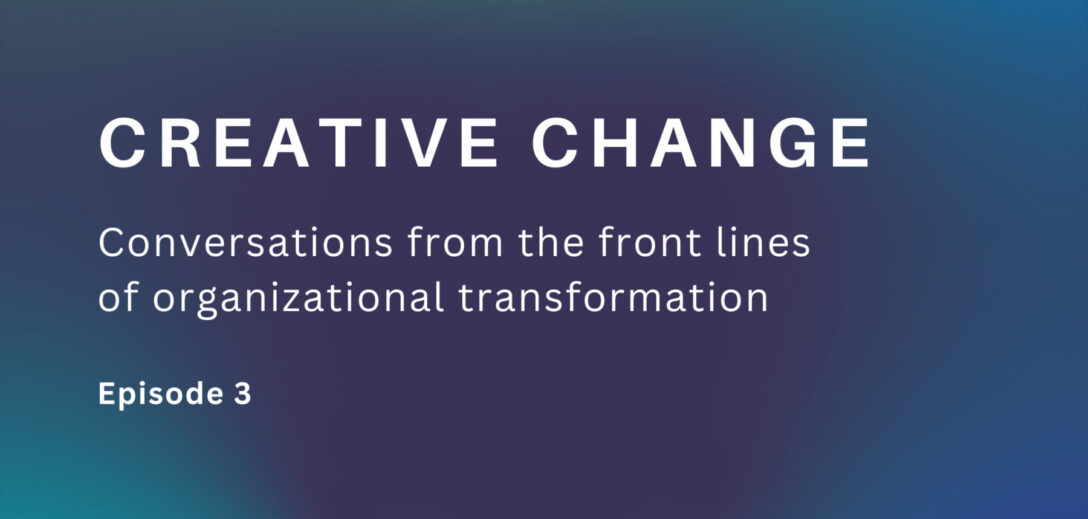In the United States, the disease of obesity impacts nearly 40% of adults. For such a prevalent disease, you would think the medical system would be heavily invested in caring for these individuals . So then why do people with obesity often receive much lower-quality care than those without? It’s not because we don’t have the ability to treat these patients well. It’s a cultural problem of bias that pervades both in the medical community and in the culture at large.
Patients with obesity frequently encounter discrimination when seeking medical care. Medical professionals may harbor implicit biases, leading to suboptimal care, misdiagnosis, or dismissive attitudes towards patients’ concerns. Studies have shown that healthcare providers often spend less time with patients with obesity. They offer fewer preventive services and may even avoid discussing weight-related issues altogether. This perpetuates a cycle of neglect that exacerbates health disparities.
Beyond the healthcare system, cultural attitudes towards obesity contribute to discrimination and marginalization. Society often equates thinness with health, beauty, and self-discipline, while viewing obesity as a personal failure or lack of willpower. This pervasive weight bias manifests in various forms, from media portrayals to workplace discrimination. This further undermines individuals’ self-esteem and hinders their access to equitable healthcare.
To address these challenges and foster a more respectful and inclusive healthcare environment, we need committed advocates to help shift the culture. Education and awareness campaigns aimed at challenging weight bias are crucial. Healthcare providers must undergo training to recognize and mitigate their implicit biases, ensuring equitable treatment for patients regardless of weight. Additionally, policies that prioritize prevention and access to evidence-based treatments, are essential to addressing the root causes of obesity.
On the third episode of our 8-episode podcast series “Creative Change,” we sat down with James Zervios, Vice President and Chief of Staff for the Obesity Action Coalition, and Ted Kyle, emeritus board member of the OAC, and Principal and Founder of ConscienHealth. Since 2005, the OAC has worked tirelessly to become the nation’s leading voice on obesity. They advocate for major change in how people with obesity are treated, both in society and at the doctor’s office. Their work has impacted the lives of countless people with this disease by driving transformation in the medical community. Changing how doctors and the general public treat people with obesity is a monumental task—and the OAC is leading the charge.
Listen below for the full interview!

